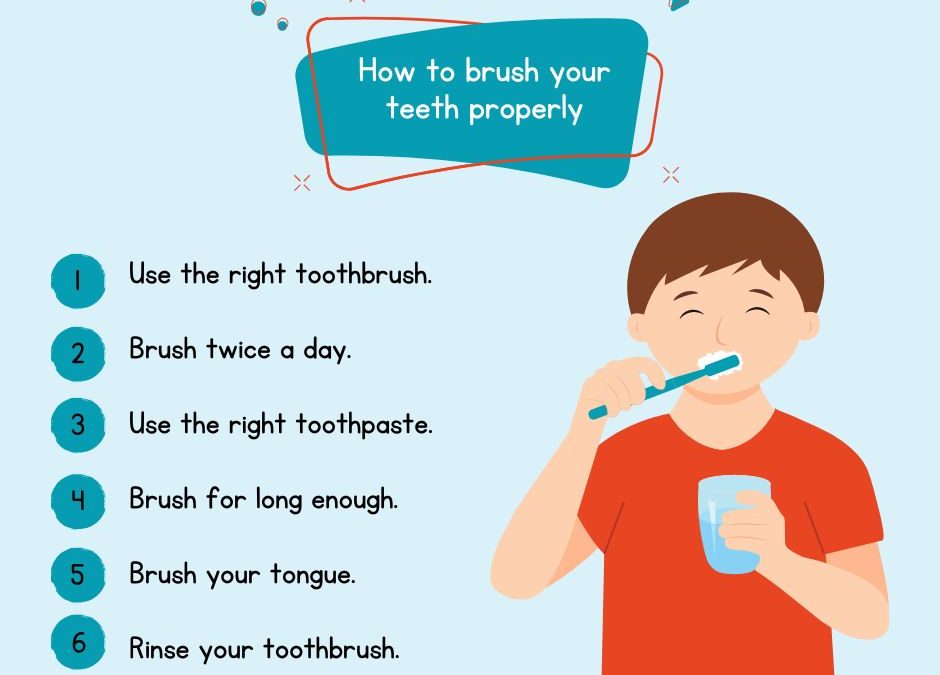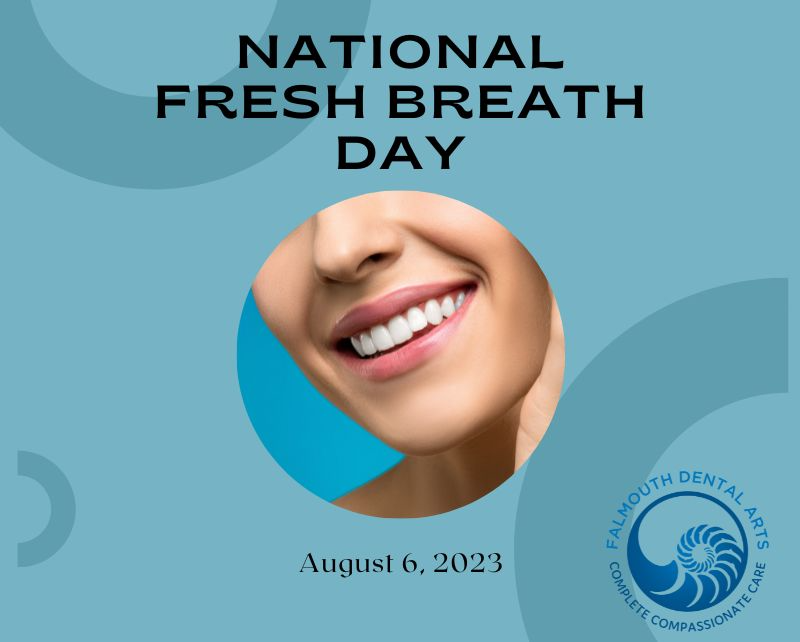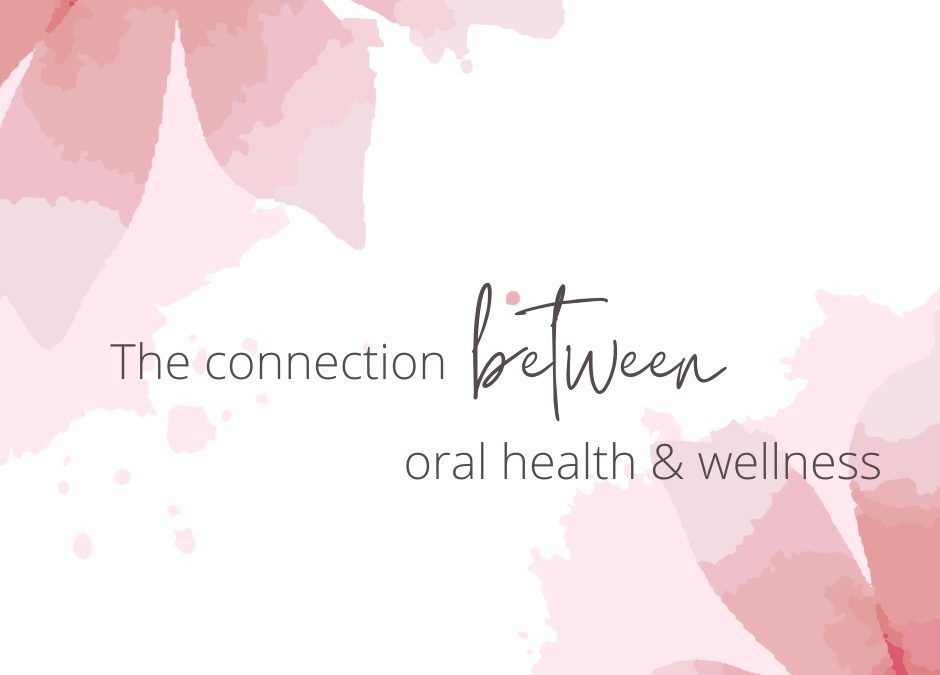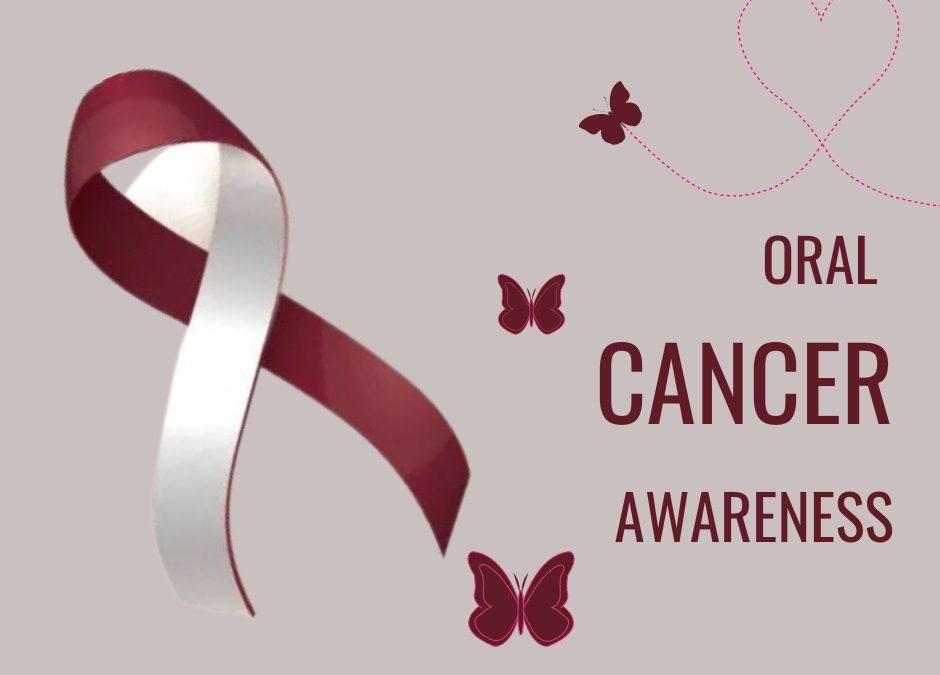
Aug 2, 2023
The keystone to every oral health care routine is brushing your teeth. You brush in the morning and you brush at night, but is there a right way to brush? Ask any of the marvelous hygienists at FDA and they’ll share some of their professional tips for brushing your teeth and call out some mistakes to avoid. If it’s been awhile since you’ve been in for an appointment, we’ve got you covered (but please do come in soon for your check up!). Here are three ways you can boost your brushing!
Use the right kind of brush.
Find a soft-bristled brush with a size and shape that allows you to reach all parts of your mouth easily. We also recommend investing in an electric toothbrush as it truly gives you a superior clean. Remember to replace your toothbrush every three months or when the bristles are frayed.
Use the right technique.
The proper way to brush your teeth is to hold your toothbrush at a 45 degree angle to your gums. Then, gently move your brush over your teeth: make circles and go up and down as you polish all the surfaces of your teeth. Think of it like a massage! You can brush too hard and damage your gums or enamel, so keep your touch light. Don’t forget to brush your tongue (or scrape it) and rinse with water.
Use the right motivation.
There’s a lot going on inside your mouth. Every time you eat or drink, residue is left behind on your teeth and gums. If it’s not brushed or rinsed away, it can turn into a sticky film called plaque. Untreated, plaque hardens into something called calculus that releases bacteria and acids that can turn into cavities and bore into your teeth and cause damage to nerves and bones. Ouch! Poor oral hygiene has also been linked to a whole host of health issues such as cardiovascular disease, diabetes, Alzheimer’s disease, and high blood pressure. Feeling motivated to brush all those potential problems away? Find what helps you pick up that brush two times a day!
Of course brushing is just one part of a proper oral health care routine. Don’t forget to floss daily, eat well, and come in for regular check ups with Dr. Brunacini and Dr. Karagiorgos. If you have any questions, need a brush up on your brushing techniques with our team of hygienists, or need to schedule your next appointment, please give us a call at 207.781.5900. We are your partner in oral health and love to help you have a beautiful and healthy smile!

Aug 1, 2023
Don’t you just love that fresh feeling after you’ve brushed your teeth? August 6th is National Fresh Breath Day and a great time to celebrate the ways that a clean and healthy mouth will give you that fresh breath feeling. However, if you’re experiencing an unpleasant taste in your mouth or worried you have bad breath, you could have an underlying oral health issue. Bad breath, also known as halitosis, can be embarrassing and sometimes cause anxiety. There’s no need to suffer! Below are three causes of bad breath and our recommendations for keeping your breath fresh and your mouth happy this National Fresh Breath Day…and every day!
- Tobacco Products
If you’re still searching for reasons to quit smoking, add bad breath to the list. Beyond the myriad health risks linked to tobacco use, smokers and oral tobacco users are more likely to have gum disease. Gum disease is a leading cause of bad breath, and is linked with other health conditions as well. If you’re looking for resources or help quitting tobacco…please let us know. We are here to help!
- Dry Mouth
Ever wake up with the dreaded “morning breath?” This is often due to dry mouth, which naturally occurs for many people while sleeping. Saliva is so important for your oral health; it helps clean away cavity-causing bacteria as well as odor-causing bacteria. If you have a dry mouth beyond just the morning time, it could be linked with certain medications you are taking or a condition known as xerostomia. Drinking extra water can help flush your mouth of the bad bacteria and keep it fresh. Be sure to also let Dr. Brunacini and Dr. Kargiorgos and your hygienist know about your medications and any health concerns you may have, such as dry mouth. We can work with you so your home oral care routine supports your needs.
- Poor Oral Hygiene
If you’re not brushing and flossing then food, plaque, and bacteria are left to their own devices to wreak havoc on the health of your teeth and gums, AND cause bad breath. Develop a home care routine of brushing twice a day and flossing once a day to take care of your whole mouth and prevent that stinky breath. If bad breath is a concern throughout the day, try brushing after every meal and consider tongue scraping as well. This will help remove extra food particles and bacteria and will help you feel extra fresh! Our team of amazing hygienists are always happy to share tips and techniques for brushing and flossing, so please ask how we can help you stick with an oral hygiene routine that works for you!
This National Fresh Breath Day, give your teeth and gums some extra love so your mouth feels extra healthy and fresh! If you still have concerns about persistent bad breath, talk to us and your doctor. Bad breath can also be linked to other health concerns. Please call us at 207.781.5900 with any questions, concerns, or to schedule your next appointment.

Jul 2, 2023
At FDA, we don’t just see your smile, we see you as a whole person. That’s because when it comes to improving your overall health, oral care is the gateway. Studies show that problems with your teeth and gums are linked with other health concerns like cardiovascular disease and diabetes. This means that brushing and flossing daily is a practice that will benefit you beyond just keeping your teeth clean and healthy…it benefits your whole body! Your dentist – Dr. Brunacini and Dr. Karagiorgos – can be a part of your health care team and help you set up an oral health plan that takes your whole body’s well-being into account. Here is a deeper look at some of the ways your oral health and general health are connected.
Cardiovascular Disease
This term refers to a group of disorders related to your heart and your blood vessels. According to the Cleveland Clinic, having poor oral health is associated with forms of cardiovascular disease like:
- Coronary artery disease: This is the most common type of heart disease and can lead to heart attack. It’s the leading cause of death in the United States.
- Clogged arteries: Studies show that people with periodontal disease have significantly higher rates of atherosclerosis, or plaque build up inside the blood vessels that deliver blood and oxygen from your heart to your body.
- Stroke: Studies show a correlation between periodontal disease and strokes, specifically strokes related to atherosclerosis.
Diabetes
Diabetes increases your risk of dental diseases. One place you may experience symptoms is in your mouth. Some of the most common oral symptoms include:
- Dry mouth: People with diabetes often have less saliva in their mouth so you may find yourself being parched.
- Gum disease: If you notice bleeding when you brush or floss, you may have gum disease. Research shows keeping your blood sugar under control can help improve gum disease.
- Problems with taste: You may begin to notice that food tastes differently from the way you remember, particularly sweet foods. If you have a persistent bad taste in your mouth, please come see us.
- Periodontal disease: Nearly 22% of all diabetics develop this dental disease. It is a chronic, inflammatory condition that can destroy your gums and bone, and can also lead to increased blood sugar levels. Early signs include bad breath, swollen gums, and painful chewing.
Your health is important to us and we are committed to giving you the best care possible. As part of your care, the FDA team of caring and compassionate professionals will ask about your health history, medications, as well as your needs and questions as we put together a treatment plan for you. Our goal is to build a partnership with you as we make sure your mouth is healthy and supporting your overall health needs. If you have questions or concerns about your oral health, or need to schedule your next appointment, please give us a call at 207.781.5900.

Jul 1, 2023
Summer is here! Time to go to the beach and barbecue and take a vacation! When you pack your bags for your summer getaway, don’t forget your oral health care. Here are a few oral health tips for your summer travel from your friends at FDA!
A Traveling Toothbrush
If you’re flying somewhere this summer, pack your toothbrush and floss in your carry-on bag so you have it on hand even if your luggage doesn’t make it to your final destination right away. That way, you also have the option to brush your teeth on the airplane or during layovers to freshen up. We recommend packing your toothbrush in a plastic bag so you can keep it separate from other items. Just remember to let your toothbrush air dry when you get to your vacation spot.
If you find yourself temporarily without a toothbrush, a vigorous swish with water can help clear some of the cavity-causing bacteria, or put some toothpaste on your clean finger for a quick cleaning. Then, when you are able, pop over to a store and look for the softest toothbrush you can find. If you can find a toothbrush that is ADA approved, even better! Now, how do you say toothbrush in Spanish?
Pack Some ADA-Approved Gum
Don’t worry – sugarless gum won’t take up much room in your suitcase! Research shows that chewing sugarless gum after a meal can help prevent cavities by stimulating saliva, which helps wash away cavity-causing bacteria. Look for gum that has the ADA seal of approval. Not only will it support your oral health and freshen your breath, if you’re flying, sugarless gum may also come in handy for releasing ear pressure on the airplane. Win-win!
Brush with Bottled Water
If you are camping or traveling somewhere where the water supply is not safe for drinking, use bottled water for brushing your teeth and rinsing your toothbrush. This will help prevent any unwanted illness while you’re sight-seeing!
In Case of Dental Emergencies
You can always contact our office if you have a dental emergency while traveling. Dr. Brunacini and Dr. Karagiorgos can help assess if it is a situation that requires immediate attention or can wait until you get back home. Of course, the best way to limit tooth-aches while traveling is to practice preventative care with a solid oral health routine of brushing twice a day and flossing once a day!
If you are planning a trip for later in the summer and have concerns about your oral health or are experiencing any kind of tooth pain, come and see us before you hop on an airplane. That way we can make sure any issues don’t become larger problems while you’re trying to relax and have fun.
When you get home from your travels, you may realize you let go of some of your oral hygiene routine. Don’t stress about it too much, but focus on getting back to your normal routine of brushing, flossing, and coming in for regular check ups with the FDA team. Summer is also a great time to get your kids in for their appointments! Give our office a call if you need to schedule an appointment – 207.781.5900.

Apr 2, 2023
April is Oral Cancer Awareness month and regular dental care is a first line of defense against oral cancer. Falmouth Dental Arts is committed to helping raise awareness about the importance of oral cancer screenings. According to the Oral Cancer Foundation, about 54,000 people are diagnosed with oral cancer each year in America. Smoking is the leading cause of oral cancer, but there are increasingly more and more young people developing oral cancer due to the HPV virus. The good news is that when treated early, oral cancer has a 80-90% survival rate and regular screenings assist with early detection. At FDA, Dr. Brunacini and Dr. Karagiorgos as well as our hygienists perform oral cancer screenings during your regular check-up appointments. With the goal of raising awareness, we thought it would be helpful to discuss some of the common warning signs related to oral cancer and the different types of screenings available at FDA.
Warning Signs of Oral Cancer
A good rule of thumb is to let us know if you notice any recent changes to your mouth, teeth or gums, or experience any pain or tenderness. Beyond that, there are a few warning signs linked with oral cancer to be aware of:
- White or red patches in the mouth
- Sores that fail to heal
- Abnormal lumps in the gums or neck
- Difficulty chewing or swallowing
If you discover something on your own, don’t panic. As your dental care partners, we are an essential part of your healthcare team! You can schedule an appointment with us for a prompt examination. You may wonder how Dr. Brunacini, Dr. Karagiorgos and our hygienists perform oral cancer screenings. Here is some more information on the different types of screening we perform at FDA:
Visual Oral Cancer Screening
We screen our patients for oral cancer at every hygiene appointment. Our screening methods typically include a simple visual exam of the soft tissues of the mouth. We will examine the gum tissue, lips, cheeks, and tongue. We will also palpate (gently press on) areas of the face and neck to check for any nodules or lumps. If there is an area of concern, we may offer to do a VELscope screening.
VELscope Screening
VELscope is a safe, non-invasive early detection screening device that emits a blue light that quickly allows our clinicians to identify abnormal cells before they are visible to the naked eye. The graphic below demonstrates the difference between healthy cells (Normal Epithelial Cells) and abnormal cells (Abnormal or Dysplastic Epithelial Cells), that become visible under the Blue Excitation Light.
CBCT 3D X-Ray
3D x-ray or CBCT (cone beam computed tomography) technology allows us to better visualize all of the structures within the head, neck, and mouth so that we can better assess our patients’ oral health. 3D imaging can be helpful in determining subsequent steps for the ideal treatment of a lesion.
If we have any reason for concern, the next step would be a referral to an oral surgeon for additional consultation. An oral surgeon may decide to perform a biopsy of the area for further evaluation. Most of the time, a biopsy will rule out oral cancer. However, if the biopsy is positive for precancerous or cancerous cells, additional treatment may be necessary. Throughout the evaluation and referral process, we will remain involved every step of the way to provide support and follow-up care.
If you have any questions or concerns about your oral health or the oral cancer screening process, please don’t hesitate to call us! As your dentist, we are part of your healthcare team and always happy to answer your questions!





